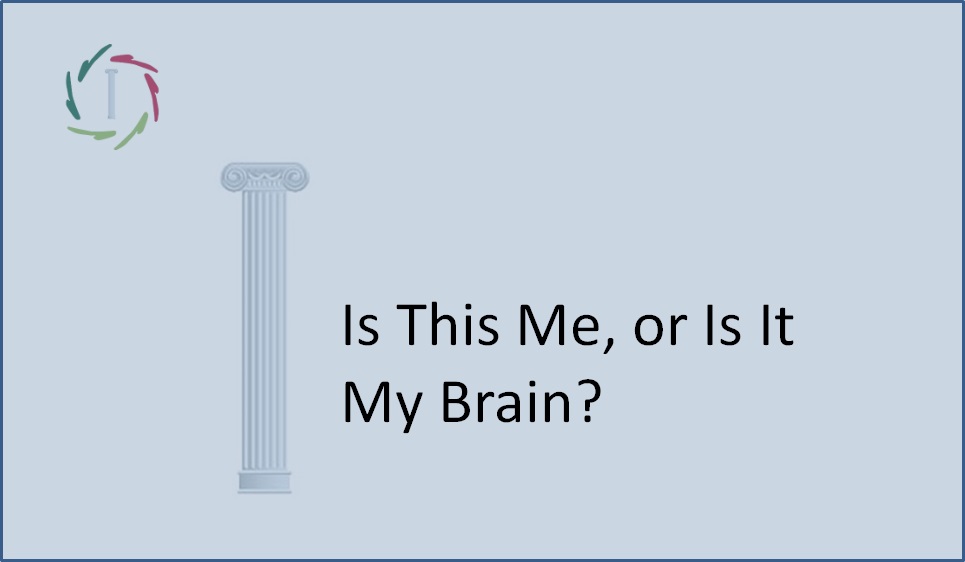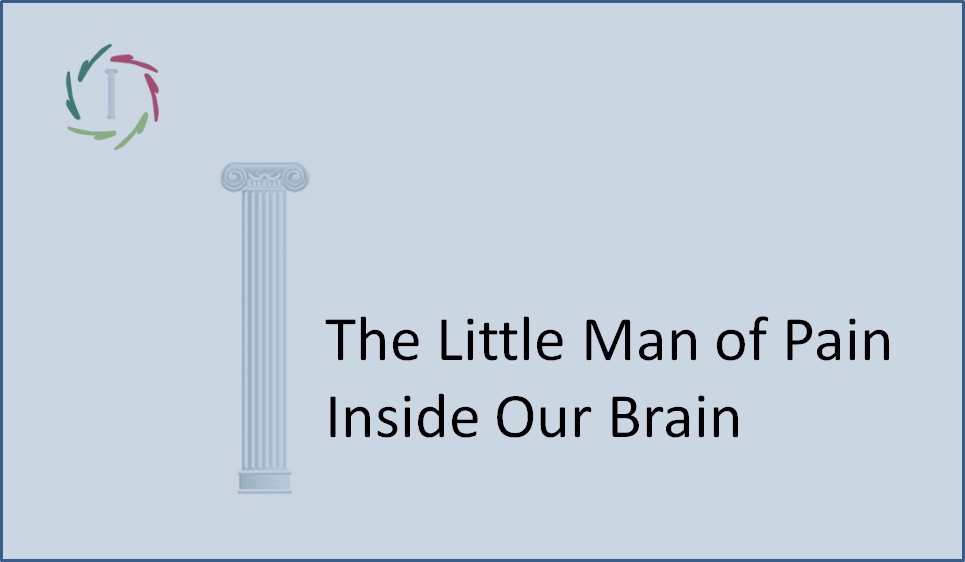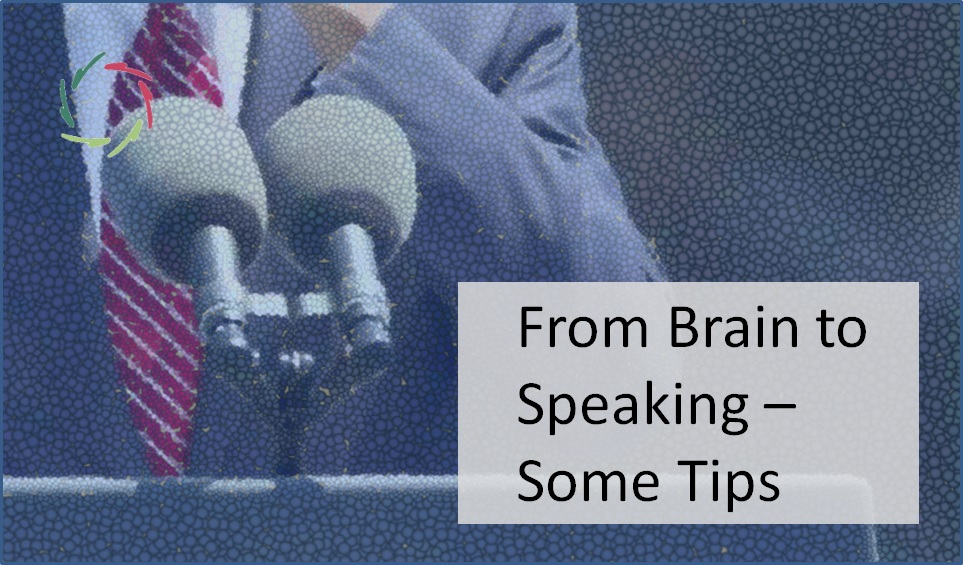The Story-Telling Brainy Network

Slightly hypothetical: the brainy network that is activated when daydreaming, is also activated through story-telling, so important in public speaking.
The ‘Default Mode Network’ (DMN)
is the brainy network that people get into when they are neither asleep nor focused on a specific job. This mental mode is also baptized ‘mental time travel’. It’s important for building the ‘self’: preparing the self-related future and repeating what was important in the past. You experience it as daydreaming and note: it’s almost always you-related.
Through constructing personal narratives, we ‘make a personal story’.
Thus, the DMN is ultimately influential upon our feeling of ‘making sense’, ‘leading a meaningful life’. It’s essential to moral agency and decision-making.
Daydreaming and story-telling have a lot in common, very probably also the same set of brain areas being involved. Daydreaming is a kind of self-story-telling: what we tell to ourselves. In the course of natural evolution, with growingly complex communication between individuals, story-telling became a natural extension.
In a story too, it’s important to make it being about ’you’ (the listener).
Telling a story, the listener identifies with the protagonist. It’s the job of the story-teller to enhance this, in order to get to a good story. Thus, in every good story, there are at least 2 lines:
- outside story: external circumstances
- inside story: internal transformation of the character. This is about ‘you’ (the listener, possibly also the story-teller).
This is so even while your story says “Why I do how I do what I do.” This sets you apart as authentic. This way, each story is an opportunity to learn lessons without needing to live them.
The real story is each one’s own story.
You take your audience along into a journey-story as into a natural habitat. Even if the story is yours (the story-teller), the real story is each one’s own. Your ‘story’ is nothing but an invitation to theirs. It’s enticing their DMN.
This is building personality, from inside.
Therefore, very important in someone’s process of change! Therefore, very important in a speaker’s endeavor.
And people love it, especially if you do this in a friendly way. Lots of smiles. You captivate attention. Your listeners make their own associations. Together, you get to the ‘essence’ of the story, no more. This is most efficient.
Generally, speakers tend to provide way too many details. In good storytelling, less = more. Great = to imply much, letting the audience fill in the blanks. Always remember: it’s their daydream and their growth.
Is it a story they already heard from you? See it as a singer’s hit. People want you for it if it’s brought well. They can pick out other layers, other depth.
Your story, their daydream.
Try to make a cadre for your story:
- “Once I was…” “Let me tell you a little story…”
- Change a bit into ‘another mode’ = story-telling mode, e.g. a bit more relaxed.
- Value your story-telling: find/ show it to be important.
- Take a mental step towards your audience, ‘showing’ that the story is important to you and to them.
+ Needed is to make the connection with the content of the talk. The story is a connector between <content of talk> and <deeply personal experience>. Long stories are not needed to make this connection. They can even get boring -> attention diminishes.
Storytelling has importance alike to daydreaming
basically:
- mental-dress rehearsal for future conduct
- integrating past behavior in one’s mental landscape
You may start apprehending what your story can mean to your audience, individually as well as collectively.
It’s natural, effective and attractive.


